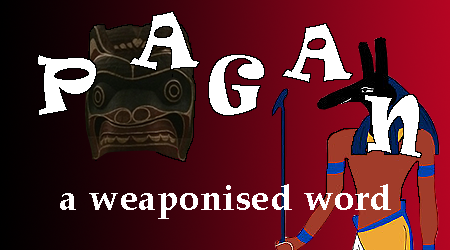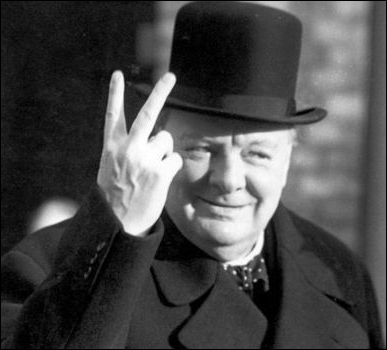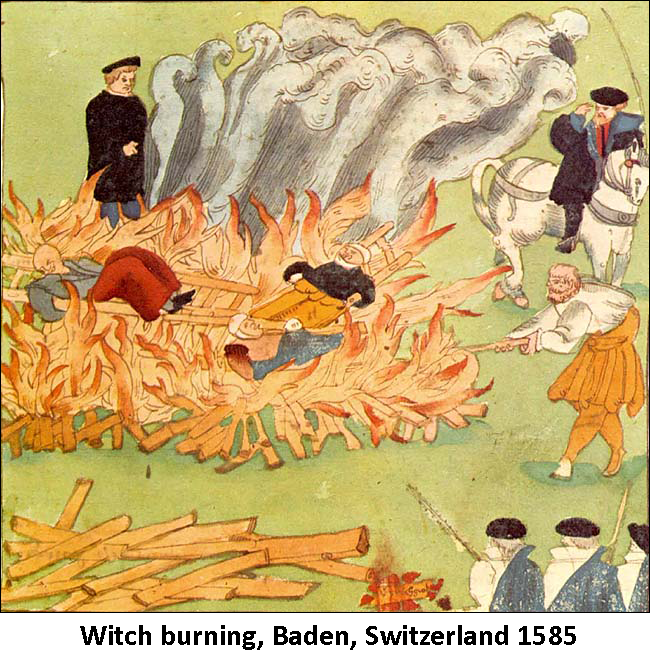



‘PAGAN’: a weaponised word
Winston Churchill: ‘History is written by the victors’.

The truth of this saying is witnessed by the vilification of the religions and spiritual practices that existed in Europe before the advent of Christianity.
Over the centuries the word ‘pagan’ has been weaponised to degrade the reputation of non-Christian religions and elevate and valorise the image of Christianity.
The dictionary entry for the term ‘pagan’1**, sheds light on this process: It derives from the Latin paganus — ‘civilian’ — as opposed to miles — ‘soldier’. Christians are soldiers of Christ — pagans are civilians.
The term ‘pagan’ is used interchangeably with the term ‘heathen’ — originally ‘dweller on the heath’ — and refers to any person who doesn't follow one of the Abrahamic, monotheistic religions: Christianity, Judaism, Islam.
Originally however, ‘pagan’ (and ‘heathen’), applied to the followers of any non-Christian religion, including Judaism & Islam. But today, Jews & Muslims are included under the non-pagan banner, as worshiping the ‘true God’. This attests to the immense power of these religious institutions rather than any theological refinement.
Over the centuries ‘Pagan’ has accumulated the connotations of uncivilized, or unenlightened and primitive, and of course, it is applied to the original spiritual beliefs and practices of all the indigenous populations of the world.
You only have to dip into a book such as ‘The Power of Myth’, by Joseph Campbell2**, to see that the fundamental notions behind all religions have existed in the mythologies of human cultures for thousands of years. As each new religion has come along, the same, perceived supernatural forces, are draped in new clothes and given new names. A religious establishment is created, with new, (usually adapted), practices and beliefs, and the process of vilifying and branding as primitive any previous religion, is begun.
Campbell's work, after a lifetime of study in the field of comparative religion, is a great advancement on James Frazer's ‘The Golden Bough’ (1890)3**, which is riddled with Christian bias (though it horrified the Christian establishment at the time.)
The Christian church's suppression of other faiths (I write as a Christian), has extended to the total eradication of all traces — (documents, artifacts, followers4** — such that it is impossible to understand the true nature of what went before. This is especially true of religions such as witchcraft, which relied on the oral transmission of practices and beliefs from one generation to another.

Witchcraft, as I have been informed (via oral transmission), is a beautiful, peaceful religion, based on communication with the forces or ‘gods’ of nature. It is closely connected with the observation of the natural cycles of nature and the appreciation of nature's gifts e.g. herb lore.
That witchcraft has become associated with demons, satan, devil worship, evil spells and sorcery is purely the propaganda of the Christian church. The devil, satan and demons are the creation of Christianity — the negative balance made inevitable by the positive Jesus and the ‘good’ angels5**. Christianity, of course, is known for conceiving of ‘nature as evil’6**, with a god that lives in a temple, not throughout the environment7**.
Not only are victors free to ‘write the history’, they can seek to eradicate all memory of past religions. The burning of witches in the 16th & 17th centuries, included the burning of books and artifacts. In South America the vast libraries of the Mayan and Aztec civilizations were put to the flame by the Spanish conquistadors (16th century)8**. Of the thousands, only four Mayan documents survive9**.
It is interesting that the modern movement of ‘Wicca’ is attempting to revive the practice of witchcraft. But the villification has permeated the language that we have available to describe such practices. Descriptive articles feature the words ‘occult’, ‘magic’, and ‘horned god’10**, all words with negative connotations. No mention is made of the magical rituals of the Christian church (called the ‘liturgy’) — the mechanisms of Christian worship are never described as magical rituals, but the rightful, ‘clean’ worship of the true God.
Of course it is a nonsense, but one with horrendous consequences on the human right to practice the religion of one's own choosing. The last vestiges of the English law banning the practice of Witchcraft were not repealed until 1951, and up until 1736, the punishment for practicing witchcraft was death11**.
Yet here we are in 2022, and we are still using the derogatory terms ‘pagan’ & ‘heathen’. These are Christian hate-words, that blaspheme the notion of religious freedom.
1. Shorter Oxford English Dictionary defn. 'pagan'. (link)
2. Joseph Campbell quoted from 'The Power of Myth'. (link)
3. Fraser 'The Golden Bough' Wikipedia article. (link)
4.'Witch-hunt' Wikipedia article. (link)
5. Quote from 'The Kybalion'. (link)
6. Joseph Campbell quoted from 'The Power of Myth'. (link)
7. Joseph Campbell quoted from 'The Power of Myth'. (link)
8. Online article on lost libraries. (link)
9. Destruction of the Maya codices. (link)
10. Britannica article on 'Wicca'. (link)
11. History of British laws against witchcraft & other occult practices. (link)